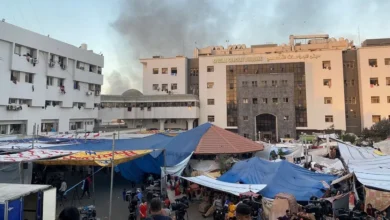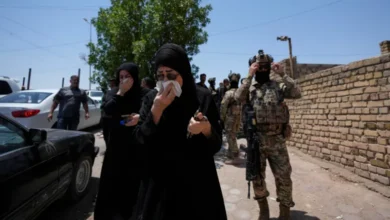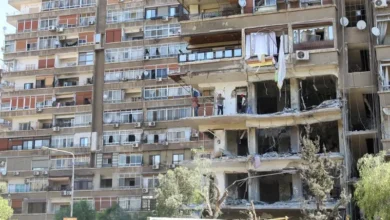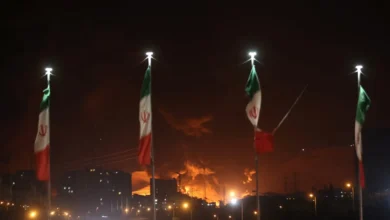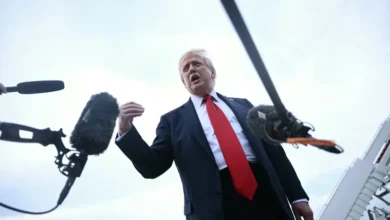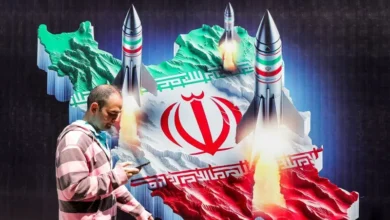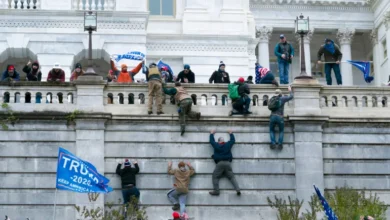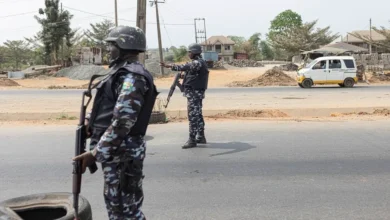What’s the Philadelphi Corridor border zone that Israel wants to control?
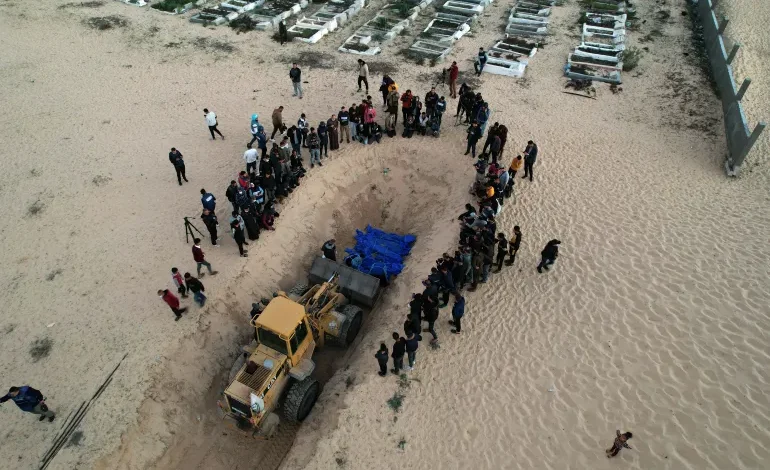
Israel has said it wants to take control of the entirety of the border area between Gaza and Egypt as it signals that its brutal war on Gaza is nowhere near the end.
Prime Minister Benjamin Netanyahu told a weekly news conference on Saturday that the Philadelphi Corridor “must be in our hands” and shut down to ensure the security outcome Tel Aviv desires.
What’s the Philadelphi Corridor?
The Philadelphi Corridor, also known as the Philadelphi Route, is the 14km (8.7-mile) long strip of land that represents the entirety of the border area between Gaza and Egypt.
It was established as a buffer zone controlled and patrolled by Israeli armed forces as part of the 1979 peace treaty with Egypt that ended Israel’s occupation of the Sinai Peninsula and reopened the Suez Canal.
Its stated purpose was to stop weapons and material from reaching the hands of Palestinians inside the Gaza Strip, which Israel occupied, and to prevent people from moving between the Palestinian lands and Egypt without tough checks.
“It must be shut. It is clear that any other arrangement would not ensure the demilitarisation that we seek,” Netanyahu said on Saturday, also signalling the war may last many more months.
Where does Egypt stand on this?
In 2005, Israel withdrew from the Gaza Strip under international pressure and instead turned the densely populated Palestinian land into the world’s largest open-air prison.
Egypt became the main player in control of the corridor, which signifies the only link with the outside world not controlled by Israel – as Tel Aviv maintains a land, sea and air blockade of the strip from all other sides.An agreement after the Israeli disengagement from the area in 2005 allowed Egypt to deploy 750 soldiers and heavy arms to patrol and safeguard the Egyptian side of the corridor, with the responsibility of the other side handed over to the Palestinian Authority.
But Hamas was in full control of the Gaza Strip some two years after the Israeli withdrawal, and things changed.
Over the years, Egypt said it kept destroying tunnels dug out by Palestinians to smuggle weapons and people, but Israel has questioned the effectiveness of Cairo’s moves.
Now, Israel wants full control of the border area, which includes the crucial Rafah crossing, supposedly to ensure its security. But that would amount to a de facto full reoccupation of the Gaza Strip, something Israel and the US have publicly disagreed over.
Both Egypt and Hamas have been against Israel regaining control of the corridor, and Egyptian President Abdel Fattah el-Sisi has repeatedly said Cairo won’t allow Palestinians to be displaced from their homeland into Egypt.
What’s Israel after?
Netanyahu wishes to reassure his domestic audience – which has grown angry and critical of his handling of the war and his failure to bring back dozens of captives still in Gaza — according to Rami Khouri, a journalist and distinguished fellow at the American University of Beirut. At the same time, Khouri said, the Israeli PM wants to instil more fear among Palestinians and create fresh leverage for negotiations with the US and Egypt.
“So, anything he says has multiple audiences, multiple purposes, and should not be taken at face value,” Khouri told Al Jazeera.
“We have to take this as another element that he is throwing in the negotiating pot.”
Khouri said Egypt would not agree to Israel retaking control of the corridor and establishing a military presence there decades after it left.
He said Netanyahu’s comments can also be viewed within the context of Israel’s constant pursuit of territorial expansionism since its creation in 1948 — even though this has not brought the country security.
Didn’t Israel want another corridor in the north?
Yes, Israel brought up the idea of another “buffer zone” along its border with the northern part of Gaza with Arab leaders and the US last month as part of its “day after Hamas” plans.
Tel Aviv reportedly wants to raise this corridor inside Gaza in order to make sure it won’t suffer another attack like the one on October 7 by Hamas that killed about 1,140 people inside Israel.
Earlier this month, White House National Security Council Spokesman John Kirby said Washington opposes “any reduction of the geographic limits of Gaza”.
The US has also said it wants the Palestinian Authority to take over security of the Strip, contradicting Israel’s aspirations for establishing a direct presence there.
